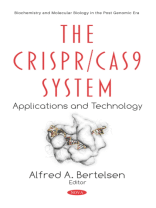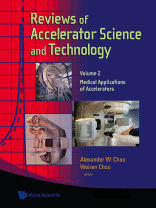This compilation focuses on the CRISPR/Cas9 system, a genome editing tool that has been hailed as the most profound molecular biology discovery in the past decade. By employing the natural process of bacterial immunity towards bacteriophages, the tool allows researchers to precisely excise and edit parts of the genetic sequence to modify them. The authors summarize the molecular pathogenesis of hepatocellular carcinoma, available treatments/drugs and their limitations, the landscape of CRISPR targeting hepatocellular carcinoma, limitations and potential targets in future. The closing review summarises the use of CRISPR/Cas9 gene editing in ophthalmology and focuses on the advancement of gene editing in the cornea. The majority of corneal dystrophies are the result an autosomal dominant inheritance pattern within the TGFBI gene, which presents an ideal model suited for a CRISPR/Cas9 knock out methodology.





Reviews
There are no reviews yet.